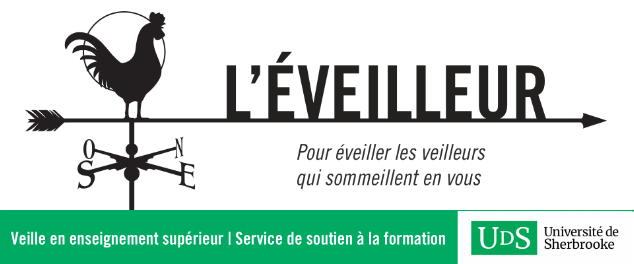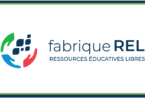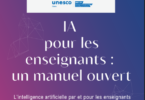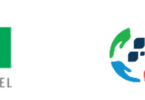Trouvé via le blogue de Michael Geist, professeur de droit à l’Université d’Ottawa et détenteur de la Chaire de recherche du Canada en droit d’Internet et du commerce électronique, un article de Kate Taylor paru dans le Globe and Mail du 5 septembre 2011, intitulé « It’s writers v. professors in the latest war of words ».
Dans la foulée de la défection des universités canadiennes (hors Québec) de la licence d’Access Copyright que rapportait Sonia cet été, Taylor et certains observateurs qu’elle interroge y voient des signes avant-coureurs d’un futur affrontement beaucoup plus profond entre les alliés traditionnels que sont les milieux culturels et les milieux de l’éducation. L’enjeu : la rémunération des créateurs dans un environnement numérique où se multiplie le matériel gratuit, alors que l’on s’attend à ce que le gouvernement conservateur majoritaire réintroduise le projet de loi C-32 – mort au feuilleton en décembre 2010 – projet qui révisait la loi sur le droit d’auteur. Rappelons que C-32 incluait d’importantes exemptions pour l’enseignement et élargissait passablement la notion d’utilisation équitable (fair dealing), une souplesse que le milieu académique réclame depuis longtemps.
« There are the university professors who are used to sharing their research and the freelance writers shocked at the pressure to simply give their work away; there are the librarians delighted with the easy access to digital information and the authors appalled at the prospect of e-book piracy. Both sides will accuse the other of acting as stalking horses for large commercial interests, whether technology companies or entertainment studios, but insist that their own position is only sensible and just.
The knowledge community is divided against itself.
[…]Although [academics] may publish or perish, they don’t make their living from their copyrights; they earn their salaries from researching their subjects and sharing that knowledge. A book or article does not make them money directly; it wins them prestige and promotions.»
Un aperçu de la position des universitaires – colorée par la disponibilité grandissante de matériel en accès libre – peut être lu dans un texte de Michael Geist justement, à propos de l’abandon d’Access Copyright :
« A growing body of research is also now freely available under open access licensing, as researchers make their work openly available on the Internet. More than 20 percent of all medical research is available under open access licences, while the Directory of Open Access Journals lists over 6,500 open access journals worldwide. When combined with the emergence of open educational resources – course materials also made freely available – educators have much to choose from (the U.S. government alone is investing $2 billion over the next four years in open educational resources for colleges).
Students still spend hundreds of millions of dollars on academic books each year, but for shorter excerpts, fair dealing, the copyright law provision that permits copying a portion of a work for research or private study purposes, may apply.
Should professors want to include additional materials not otherwise covered by these sources, the universities can seek pay-per-use licences directly from the copyright owner or from a copyright collective. Ironically, Access Copyright is resisting pay-per-use licences for education, leaving some schools to license the same materials from the U.S. Copyright Clearance Center. » [mes emphases]
Sources :
Geist, Michael, « Geist : Canadian universities switch to tech savvy course alternatives », The Toronto Star, 23 juillet 2011
Taylor, Kate, « It’s Writers vs. Professors in the Latest War of Words », The Globe and Mail, 4 septembre 2011.






